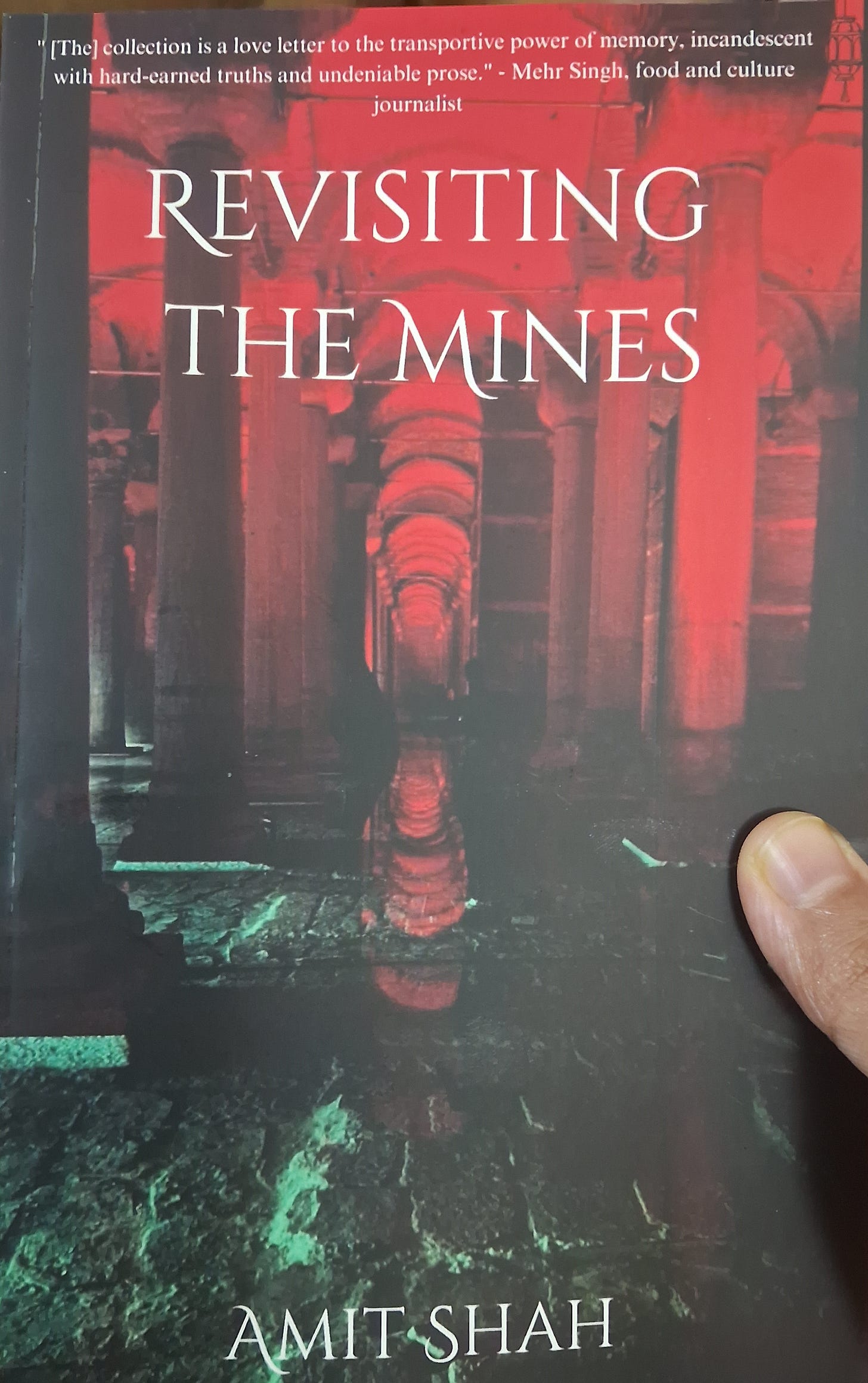A flashlight will light up a dark alley
"The role of the writer is not to say what we can all say, but we are unable to say." ~Anais Nin
While sitting on a bench on a sunny Saturday in Brussels at the centuries-old Parc Bruxelles, I see a very stylish young man and a woman walking together slowly. She has arm crutches for both sides but doesn’t limp perceptibly. They sit on a bench. She lays on her back, her head with curly hair on his lap. She rests one leg on her knee and points her toes skyward. The effortless tilt of her leg invokes a moment free of resentments and recriminations; of being in that moment, cloaked by guileless voluptuousness. I notice. I notice because I want to pluck that feeling out of the sun-soaked sky for myself. Acceptance of the discomfort is a learned behavior. I’m still learning.
Writing about memories at my age has two watchwords. Honesty that can gut you and reflections of behavior powered by the twin engines of pride and fear.
Fear dominated much of my life. Fear of not being good enough. Fear of failing. Fear of embarrassing myself. Fear of appearing stupid.
It thwarted me in ways that I know now I could’ve avoided.
When I couldn’t find the tennis coach at a preteen tennis camp at the National Library grounds in then Calcutta (Kolkata). I simply slunk away never to return.
How did people find out about where to apply and what to explore in terms of courses and programs after undergrad classes were completed? I was gob smacked that my classmates were applying to universities, looking at housing, even applying for competitive scholarships like Rhodes. I did apply for an exchange scholarship to Keio University in Japan but hobbled myself by not preparing for the interview. A few years later in grad school, I was struggling mightily and needed to take a break. Instead of asking for guidance and possibly a leave of absence, I simply left the program with a few courses to complete. And so it went. Till I ran head-first into 12-step recovery programs where my personal desperation carved some sense into me.
It was my tenth birthday. My father decided that we should have a schoolwide meal for the kids at the blind school, some of whom I played with. My father, an accomplished public speaker, also decided I should give a short speech and thank the students in a general assembly—in Bengali, my mother tongue and one widely understood by the students, but rapidly deteriorating in my Anglicized school-going. I fretted; wrote out the speech in Bengali; memorized it; stayed awake at night running through disastrous scenarios of coming across as a fool. I didn’t utter a word to my mother and sister who would’ve been sympathetic and helpful, if I’d only asked.
(Photograph courtesy of author. All Rights Reserved)
I mentor young teenaged students in India via Zoom each week. They are from poor families and with lots of aspirations. The first thing I say to them is that they must learn to fail. They must learn to face the day after the failure. They must take measure of the failure and right themselves. The path ahead is decades long and that failure will fade and you’d be the smarter for it.
If I’d asked perhaps my parents would’ve said the same thing. But I didn’t and it took me 75 years to write this.
___________
“The ultimate meaning to which all stories refer has two faces: the continuity of life, the inevitability of death.” (~Italo Calvino, “If on a winter’s night a traveler”)
_______





